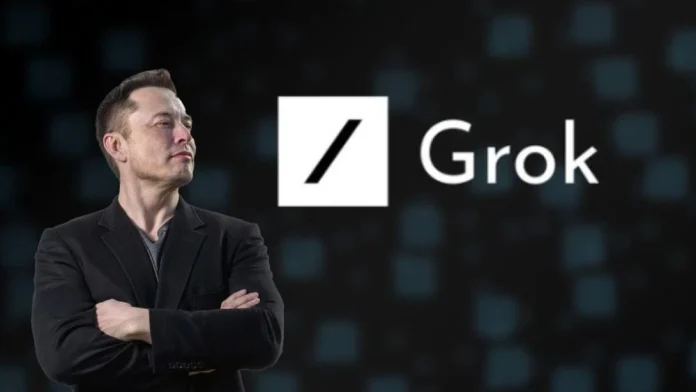In a controversial decision that has ignited debate across the global scientific and academic community, the United Kingdom’s Royal Society has officially announced that it will not be taking disciplinary action against billionaire entrepreneur and X (formerly Twitter) owner Elon Musk, despite increasing public and internal pressure from a section of its own members.
In This Article:
This decision, revealed in late March 2025, follows a string of calls for Musk’s expulsion from the prestigious society amid concerns over his alleged role in promoting misinformation, enabling hate speech on social media, and contributing to a hostile scientific environment.
Musk’s Controversial Role as a Royal Society Fellow
What is the Royal Society?
The Royal Society, founded in 1660, is one of the oldest and most respected scientific institutions in the world. It elects fellows based on significant scientific contributions. Musk, who was inducted as a fellow in 2018, was praised at the time for his role in advancing space technology and electric vehicles.
However, since Musk’s acquisition of Twitter in 2022, the platform has faced criticism for allegedly rolling back content moderation policies and allowing misinformation and extremist rhetoric to thrive — actions many claim run contrary to the values of open scientific inquiry and evidence-based discourse.
The Decision and the Backlash
Royal Society Issues Formal Statement
On March 25, 2025, the Royal Society issued a brief but firm statement declaring that “no further action” would be taken against Musk, citing a lack of sufficient evidence that his conduct violates the criteria for fellowship.
“After thorough internal consideration, the Society does not believe that Mr Musk’s conduct meets the threshold for disciplinary proceedings”.
Internal Dissent Within the Society
The decision has not been unanimously welcomed. Dozens of current Royal Society fellows reportedly opposed the outcome, citing concerns over the body’s credibility, accountability, and scientific integrity.
A group of fellows submitted a formal letter to the Society expressing their disappointment and urging a re-evaluation of the standards by which fellowship conduct is judged.
“If we cannot hold even our most high-profile members accountable, what message are we sending to the world about our commitment to ethical science?” one fellow stated anonymously.
External Criticism and Global Reaction
The decision has drawn ire not just from within the scientific community but also from academic institutions, human rights groups, and online researchers.
Critics Argue Against Normalizing Dangerous Speech
Musk’s management of X has been blamed for amplifying far-right ideologies, anti-scientific rhetoric, and targeted harassment of scientists, particularly in climate and vaccine-related domains.
Observers highlight growing concerns about how elite institutions like the Royal Society may be inadvertently contributing to “scientific apathy” by failing to speak up against influential figures undermining scientific norms.
Why the Royal Society May Have Chosen Inaction
Sources suggest the Society’s inaction stems partly from concerns over setting a precedent and fears of politicizing the selection and expulsion process.
Legal and Structural Constraints
The Royal Society’s disciplinary framework is traditionally narrow and primarily oriented around scientific misconduct — such as data fabrication or falsification — rather than off-platform behavior.
However, critics argue that the definition of misconduct needs to evolve in an era where science and public communication are deeply intertwined.
Divided Public Opinion and Media Spin
Media coverage has been split. While some outlets emphasized the “good news” for Musk, others warned that the decision could damage the Society’s global credibility.
“Science does not exist in a vacuum. It must respond to societal shifts and moral responsibility,” writes science journalist Dr. Rachel Abrams.
What Happens Next?
While the Society has closed the matter for now, calls for reform are mounting. Fellows and watchdog groups are urging the Royal Society to revise its fellowship criteria to include behavior that affects the scientific ecosystem — whether inside the lab or on social media.
Questions remain over whether this issue might trigger a wider reckoning over the responsibilities that come with scientific honors and elite affiliations.
Moving Forward
The Royal Society’s refusal to act against Elon Musk has sparked one of the most visible ethical debates in the scientific community in recent years. As institutions grapple with the role of high-profile members in shaping public discourse, this decision serves as a litmus test for the evolving standards of accountability in global science leadership.
Whether this moment leads to reform or reputational decline may depend on how seriously the Royal Society treats the criticism now echoing through its own halls.
By – Nikita




